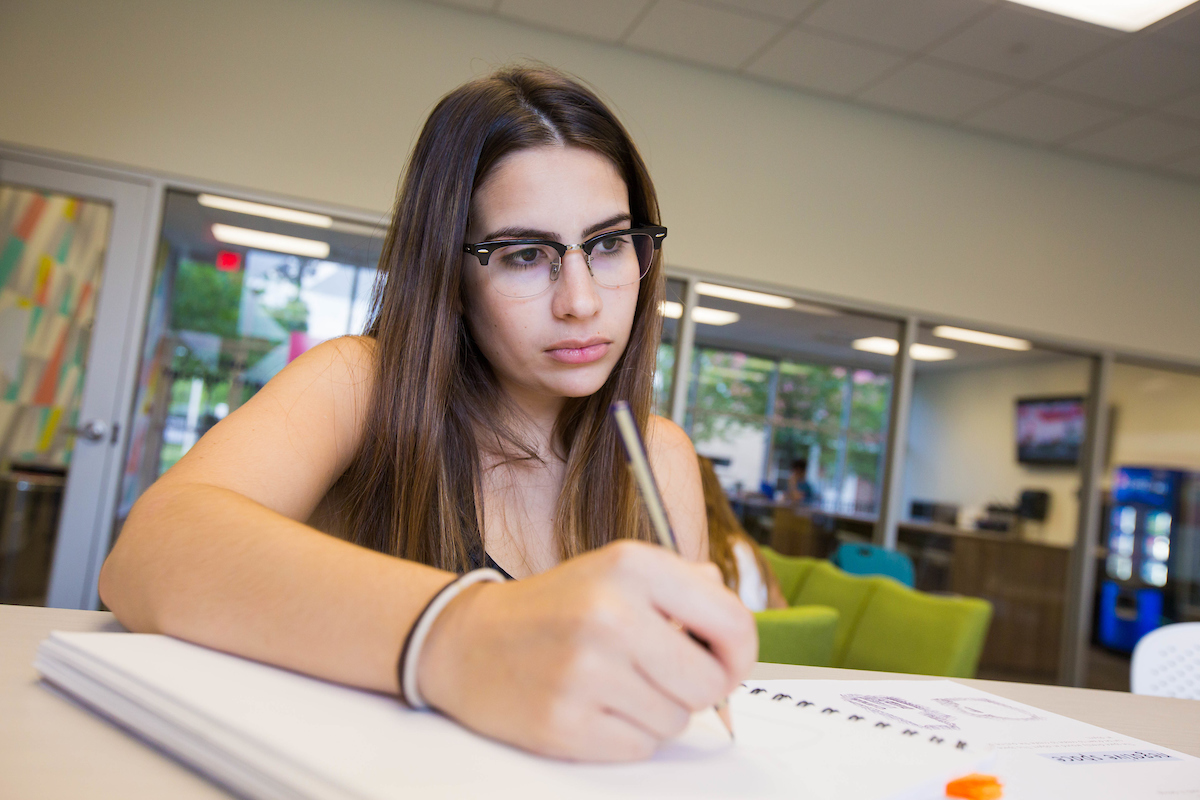 Center for Instructional Technology and Training
Center for Instructional Technology and Training

Self-assessment and reflection activities allow students to assess and evaluate their performance at any point in the course.
Self-assessment and reflection activities help promote self-directed learning throughout the course. Before a lesson, self-assessment and reflection help students activate prior knowledge. During a lesson, these activities help students contextualize and identify deeper connections to the content. After a lesson or activity, self-assessments and reflections give students tools to evaluate their strengths and weaknesses.
These activities help students evaluate and make judgments on their understanding and contributions while monitoring their progress. Instructors can gather evidence of student progress and identify strategies and resources to share with students that will support them in the learning process.
Quizzes and surveys can be utilized to create self-assessments or reflections before, during, or after a lesson. Instructors can add automated answer comments under each answer to give instant feedback. Instructors can also monitor progress in SpeedGrader and by using Quiz or Survey Statistics.
Utilizing rubrics can help expedite and streamline grading for reflection activities.
Amie Imler and Kyle Mendes, ANS3006L: Intro to Animal Sciences, Enrollment: 130
In each module, students are given a lab sheet that includes guiding questions to consider as they watch asynchronous lectures and complete readings. Lab sheets also include corresponding diagrams and fillable charts for students to track animal classifications and terms mentioned in the module materials. Students are instructed to utilize these lab sheets to self-assess and arrive to the synchronous/in-person session with questions or submit follow-up questions and/or reflections in a module survey. Synchronous and/or in-person sessions allow the instructor to review correct answers.
Lab sheets are provided as a tool to help students self-assess but are not submitted for an evaluative grade. Brief module surveys that ask students to share follow-up questions and/or reflections are graded as complete/incomplete.
Designing Effective Peer and Self-Assessment, CITT, University of Florida
Self-Assessment, Cornell University Center for Teaching Innovation
Image credit: UF Photo Gallery, Hannah Pietrick